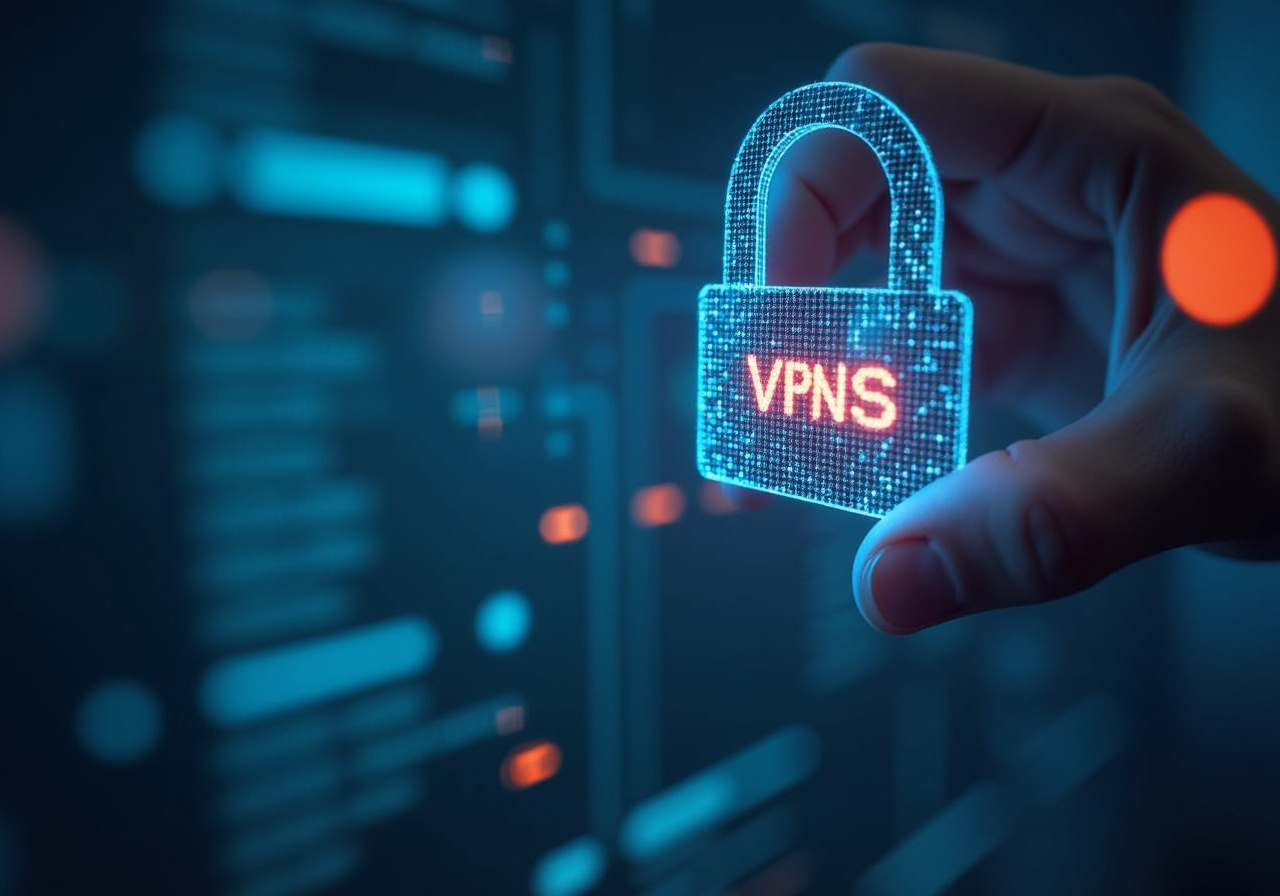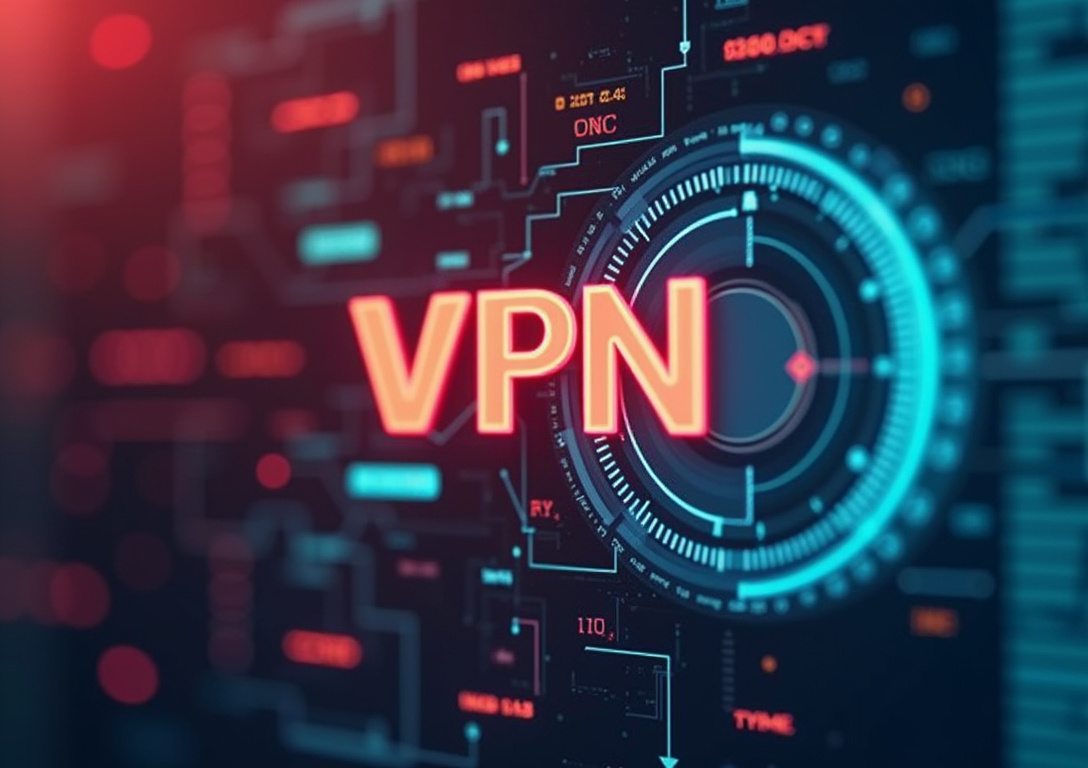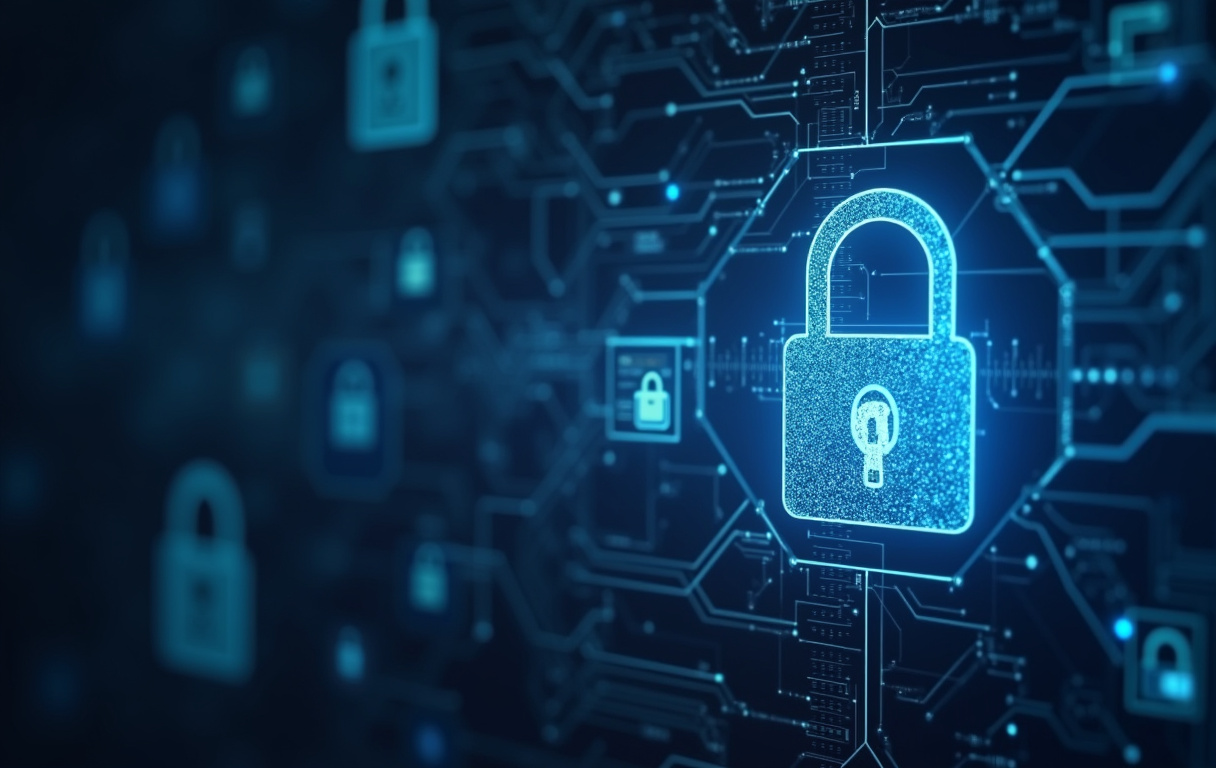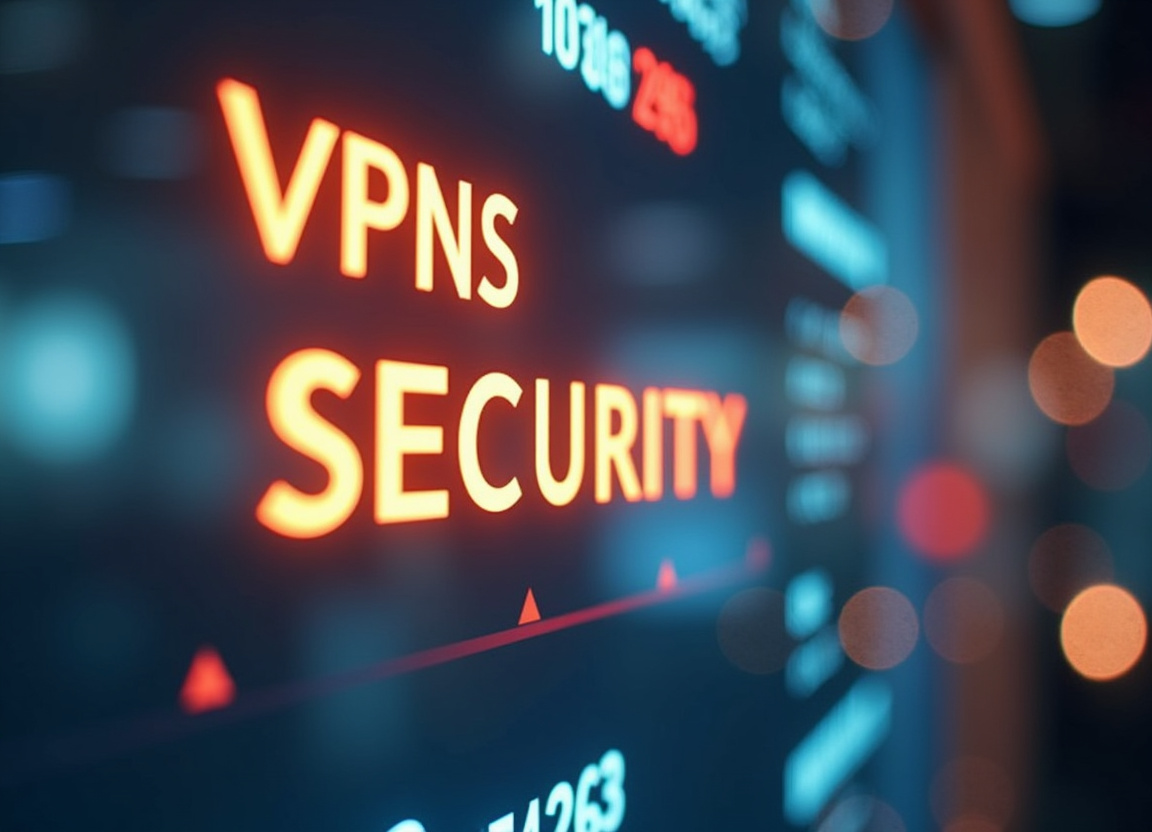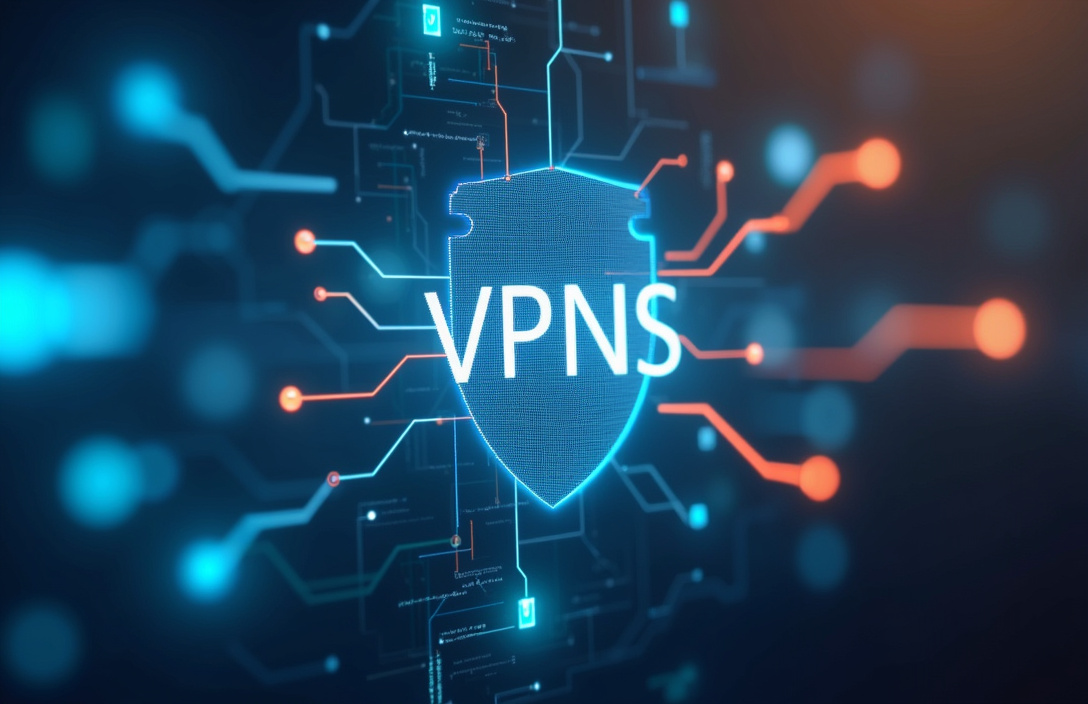Compare VPN Protocols: What You Need to Know
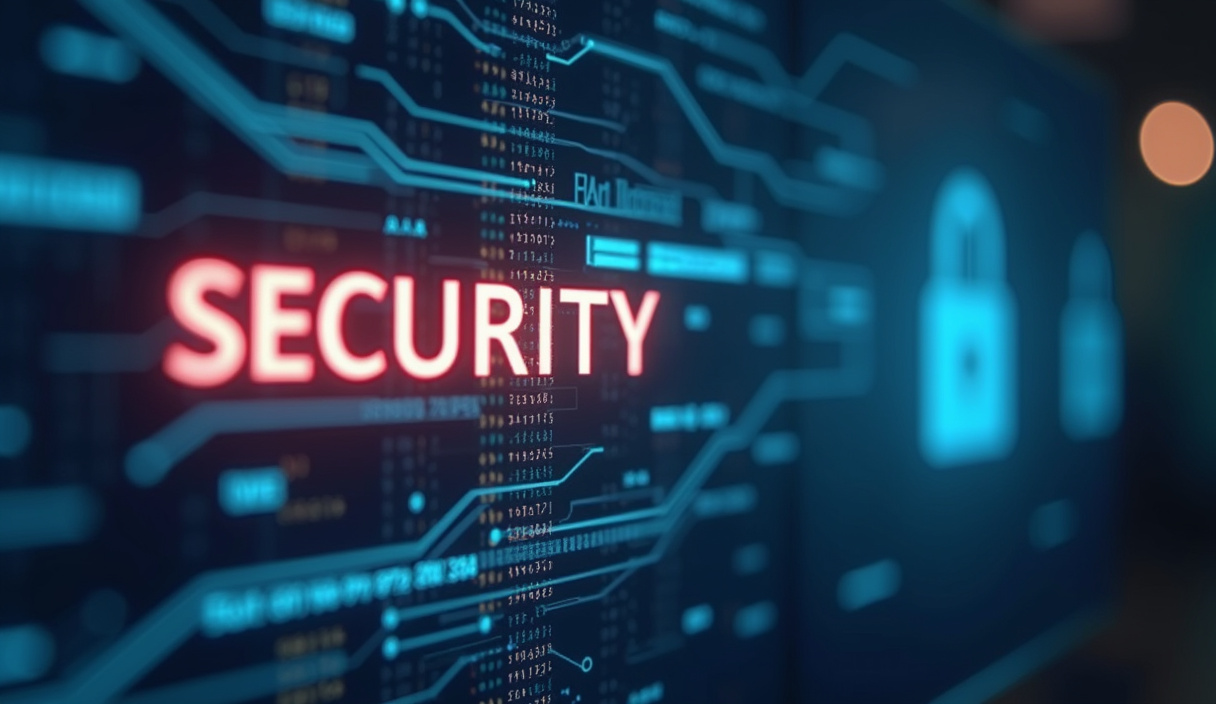
Table of Contents
VPN protocols
In today's digitally interconnected world, safeguarding online privacy and security has become paramount. The increasing prevalence of cyber threats, government surveillance, and data collection practices has driven individuals and organizations alike to seek robust solutions for protecting their sensitive information. Virtual Private Networks (VPNs) have emerged as powerful tools to achieve this, offering a secure tunnel for data transmission and masking IP addresses to anonymize online activity.
By encrypting internet traffic and routing it through a server in a location of the user's choosing, VPNs effectively shield online activity from prying eyes, granting users a greater degree of control over their digital footprint. However, the effectiveness of a VPN hinges significantly on the underlying it employs. These protocols dictate how data is encrypted, authenticated, and transmitted between your device and the VPN server, essentially forming the foundation upon which the security of your VPN connection is built.
protocols is, therefore, crucial for making informed decisions about your online security, ensuring you select a VPN that aligns with your specific . A VPN is only as secure as the protocol on which it runs, so it is important to do your research. This article delves into the world of VPN protocols, comparing their strengths, weaknesses, and suitability for different scenarios.
What works for one user, might not work for the security requirements of another. By outlining the key characteristics of popular VPN protocols, we aim to empower you to make the right based on your unique requirements and appreciating the . VPN protocols are literally the backbone of secure VPN connections.
They are a set of rules and procedures that dictate how a VPN connection is established, maintained, and terminated, including how data is encrypted, authenticated, and transmitted between your device and the VPN server. Different protocols offer varying levels of security, speed, and compatibility, making it essential to understand their nuances before selecting a VPN service. One of the most prevalent protocols is OpenVPN, a highly versatile and open-source option known for its robust security and flexibility.
OpenVPN supports a wide range of encryption algorithms, including the highly secure AES (Advanced Encryption Standard), and is configurable on various ports, making it difficult to block. Its open-source nature allows security experts to scrutinize the code for vulnerabilities, enhancing its trustworthiness and contributing to its reputation as a secure and reliable protocol. However, OpenVPN can be resource-intensive, potentially impacting speed, especially on older devices or when using high levels of encryption.
Another widely used protocol is IPSec (Internet Protocol Security), often implemented in conjunction with L2TP (Layer 2 Tunneling Protocol). While L2TP/IPSec is relatively easy to configure and supported by most devices, making it a convenient option for many users, it's generally considered less secure than OpenVPN, primarily due to past vulnerabilities and concerns about potential compromises by intelligence agencies. The protocol's inherent limitations in circumventing firewalls and its susceptibility to blocking make it a less desirable option for users in highly censored regions or those seeking the highest level of security.
WireGuard is a relatively new protocol gaining significant traction in the VPN industry due to its focus on speed and modern cryptography. It offers a streamlined codebase, making it easier to audit for vulnerabilities and less prone to security flaws. WireGuard's performance is generally superior to both OpenVPN and L2TP/IPSec, resulting in faster connection speeds and lower latency.
This makes it an excellent choice for activities requiring low latency, such as online gaming or video conferencing. However, WireGuard's relative immaturity means it hasn't been as thoroughly tested in real world applications as more established protocols, and some privacy concerns have been raised regarding its handling of user data. SSTP (Secure Socket Tunneling Protocol) is a proprietary protocol developed by Microsoft, often favored for its ability to bypass firewalls.
Its integration with Windows operating systems and reliance on the HTTPS protocol over port 443, allows it to often appear indistinguishable from ordinary web traffic. While SSTP offers decent security, its closed-source nature raises concerns about transparency and creates the potential for backdoors or vulnerabilities that are not publicly auditable. IKEv2 (Internet Key Exchange version 2) is another protocol often used in conjunction with IPSec.
IKEv2 is known for its stability and ability to quickly re-establish VPN connections, even when switching between networks. This makes it a suitable choice for mobile devices that frequently transition between Wi-Fi and cellular data connections. Selecting the right VPN protocol is a critical step in securing your online activities.
By understanding the differences between these protocols and their respective strengths and weaknesses, you are better equipped to evaluate VPN services and make the optimal for your individual set of factors to consider.
VPN choice
Beyond the widely recognized protocols, there are other options worth considering, albeit with specific use cases or limitations that may not make them suitable for all users. PPTP (Point-to-Point Tunneling Protocol) is one of the oldest VPN protocols and, consequently, one of the least secure. While PPTP is easy to set up and offers fast speeds due to its low overhead, its outdated encryption makes it vulnerable to various attacks, including those that can easily intercept and decrypt data transmitted through the VPN connection.
It's generally not recommended for privacy-sensitive activities or any situation where strong security is a primary concern. Its use is primarily relegated to legacy systems or situations where speed is paramount and security is a secondary consideration. SoftEther is a multi-protocol VPN software that supports a wide range of protocols, including OpenVPN, L2TP/IPSec, and its own proprietary protocol.
SoftEther is known for its ability to bypass firewalls, its ease of use, and its cross-platform compatibility, making it a popular choice for both personal and enterprise VPN deployments. However, its extensive feature set and configuration options can be overwhelming for novice users, requiring a deeper understanding of networking concepts. Additionally, while it supports strong encryption standards, the overall security depends on the specific protocol and configuration chosen.
Understanding the available protocols and their unique characteristics allows you to make the optimal for your situation. Another factor influencing your is the level of encryption used by the protocol. Encryption algorithms scramble data, making it unreadable to unauthorized parties.
The stronger the encryption, the more difficult it is for attackers to decipher the data and compromise your privacy. Common encryption standards include AES (Advanced Encryption Standard) with key lengths of 128-bit or 256-bit, ChaCha20, and Blowfish. AES-256 is widely considered the gold standard for encryption, offering a high level of security without significantly impacting performance.
It's a computationally intensive algorithm, but modern processors can handle it efficiently, making it a popular choice for VPN services. ChaCha20 is another strong encryption algorithm known for its speed and efficiency, particularly on devices with limited processing power. It's often used as an alternative to AES, especially in situations where performance is a concern.
Blowfish is an older encryption algorithm that is generally considered less secure than AES or ChaCha20. It has a smaller key size and is more susceptible to certain types of attacks. While it may still be used in some legacy systems, it's generally not recommended for modern VPN deployments.
The authentication method used by a VPN protocol is also crucial for ensuring the security of your connection. Authentication verifies the identity of the user and the VPN server, preventing man-in-the-middle attacks, where an attacker intercepts and modifies data transmitted between the user and the server. Common authentication methods include passwords, certificates, and two-factor authentication (2FA).
Passwords are the most common authentication method, but they are also the most vulnerable. Strong passwords and good password management practices are essential for preventing unauthorized access to your VPN account. Certificates provide a higher level of security than passwords, as they are more difficult to forge.
They are typically used in conjunction with other authentication methods, such as passwords, to provide an extra layer of security. 2FA adds an extra layer of security by requiring users to provide a second factor of authentication, such as a code from their mobile device, in addition to their password. This makes it much more difficult for attackers to gain access to your VPN account, even if they have obtained your password.
The you prioritise will greatly influence the VPN selected. For example, some protocols may offer better speeds, whilst others may have stronger encyption. Your specific should also inform the choice of authentication method.
For example, if you are handling sensitive data, you may want to choose a VPN that supports certificates and 2FA. VPN protocols also differ in their ability to bypass firewalls and censorship. Some protocols, such as OpenVPN and SSTP, are better at circumventing firewalls than others, such as L2TP/IPSec.
This is because OpenVPN and SSTP can use port 443, the same port used by HTTPS traffic, making them appear as normal web traffic. This makes it more difficult for firewalls to detect and block VPN connections. Protocols with obfuscation techniques can further disguise VPN traffic, making it even more difficult to detect and block.
These techniques involve modifying the VPN traffic to make it appear as normal web traffic, effectively hiding the fact that you are using a VPN. This is particularly important in countries with strict internet censorship, where governments actively attempt to block VPN connections.
VPN protocols
When evaluating , it's essential to consider the trade-offs between security, speed, and usability to pick the best . Highly secure protocols, such as OpenVPN with AES-256 encryption, may offer slower speeds than less secure protocols, such as PPTP, due to the increased computational overhead required for encryption and decryption. However, the performance difference may not be noticeable on modern devices with powerful processors and fast internet connections.
Similarly, complex protocols, such as IPsec, may be more difficult to configure than simpler protocols, requiring technical expertise and a deeper understanding of networking concepts. Usability should not be overlooked, so the are accessible. Ultimately, the choice of VPN protocol depends on your individual needs and priorities.
If security is your primary concern, then you should opt for a protocol that offers strong encryption and authentication, even if it means sacrificing some speed or usability. The goal is to choose the most appropriate security for your . On the other hand, if speed and usability are more important to you, then you may be willing to compromise on security to some extent.
It's also important to consider the compatibility of the VPN protocol with your devices and operating systems. Some protocols may not be supported on all platforms, limiting your ability to use the VPN on all of your devices. Many users are looking for a single VPN subscription which handles security for their computer, tablet and mobile phone.
The VPN provider's implementation of the protocol also plays a crucial role in its overall security and performance. A poorly implemented protocol, even if it's inherently secure, can introduce vulnerabilities and compromise your privacy. Therefore, it's essential to choose a reputable VPN provider that has a proven track record of security and reliability, and that uses industry-standard best practices for implementing VPN protocols.
Look for providers who are transparent about their security practices and undergo regular security audits to ensure that their systems are secure. Reading online reviews and consulting with security experts can help you assess the VPN provider's reputation and choose a provider that you can trust. Also consider the location of the VPN provider's headquarters.
VPN providers operate under the legal jurisdiction of the country in which they are based, which can affect their data retention policies and their ability to protect your privacy. Some countries have strict data retention laws that require VPN providers to log user activity, while others have more privacy-friendly laws. Choosing a VPN provider that is based in a country with strong privacy laws can provide an extra layer of protection for your data.
No matter what, is a critical step in securing your online activities. Another important consideration when choosing a VPN protocol is its ability to handle Network Address Translation (NAT). NAT is a technique used to translate private IP addresses to public IP addresses, allowing multiple devices on a private network to share a single public IP address.
NAT can interfere with VPN connections, particularly those that use protocols that are not NAT-friendly. Some VPN protocols, such as OpenVPN and SSTP, are designed to work seamlessly with NAT, while others, such as L2TP/IPSec, may require additional configuration to function properly. If you are using a VPN on a network that uses NAT, it's important to choose a protocol that is NAT-friendly to ensure a stable and reliable connection.
Also check that the VPN selected meets the to protect you on both public and private networks. Finally, it's important to stay up-to-date on the latest security threats and vulnerabilities related to VPN protocols. New vulnerabilities are discovered regularly, and it's important to ensure that your VPN software and operating system are up-to-date with the latest security patches to protect yourself from these threats.
Subscribe to security newsletters and follow security experts on social media to stay informed about the latest developments in VPN security. By taking a proactive approach to security, you can minimize your risk of being compromised and ensure that your online activities remain private and secure. Using a secure VPN setup is vital for online security.
VPN protocols
Beyond the technical specifications and security considerations, the practical application of different in various scenarios is crucial for effective decision-making. For instance, a journalist working in a country with heavy internet censorship requires a VPN that can reliably bypass firewalls and obfuscate traffic. In this case, OpenVPN with obfuscation plugins or WireGuard with its inherent speed and modern cryptography become strong contenders.
The journalist's dictate the paramount importance of circumventing censorship, even if it comes at a slight cost in speed compared to less secure protocols. Conversely, a casual user primarily concerned with streaming geo-restricted content might prioritize speed and ease of use. L2TP/IPSec, despite its known vulnerabilities, could suffice if the user is aware of the risks and primarily seeks to access content rather than protect highly sensitive data.
In this scenario, the of easy setup and wide compatibility outweigh the need for top-tier security. However, it's crucial to acknowledge that even for seemingly low-stakes activities, compromising on security can have unintended consequences, potentially exposing personal information or browsing habits to surveillance. Therefore, a baseline level of security should always be maintained, even when prioritizing speed and convenience.
When doing online banking, for example, consider what VPN choice is more adequate. For businesses, the selection of a VPN protocol is a more complex decision that requires careful consideration of various factors, including the sensitivity of the data being transmitted, the number of remote employees, and the level of technical expertise within the organization. OpenVPN is often the preferred choice for businesses due to its robust security, flexibility, and compatibility with various platforms.
However, its configuration can be more complex than other protocols, requiring skilled IT personnel. WireGuard is also gaining traction in the business world due to its speed and efficiency, particularly for organizations with large numbers of remote employees who need to access resources quickly. However, its relative immaturity and lack of comprehensive management tools may make it less suitable for some businesses, which affects the .
Ultimately, the best approach for businesses is to conduct a thorough risk assessment and select a VPN protocol that aligns with their specific security requirements and technical capabilities. This may involve implementing multiple VPN protocols to address different use cases and security needs within the organization. The selection process also necessitates considering the evolving threat landscape.
New vulnerabilities are constantly being discovered, and VPN protocols that were once considered secure may become susceptible to attacks. Therefore, it's crucial to stay informed about the latest security threats and choose a VPN protocol that is actively maintained and updated with security patches. Open-source protocols, such as OpenVPN and WireGuard, often benefit from greater community scrutiny, leading to faster identification and resolution of security vulnerabilities.
Closed-source protocols, on the other hand, may be less transparent and slower to address security issues. The VPN provider's commitment to security is also paramount. A reputable provider will actively monitor for security threats, promptly release security patches, and provide clear communication to users about any potential risks, making the much more available.
Therefore, thorough research and due diligence are essential for making an informed decision about the best VPN protocol for your needs. Regular re-evaluation of the chosen protocol and VPN provider is also recommended to ensure continued security and effectiveness in the face of evolving threats. Ignoring this can be a huge oversight in your .
By carefully considering the various factors discussed in this article, you can choose a VPN protocol that provides the optimal balance of security, speed, usability, and compatibility for your specific needs and circumstances. A proactive approach to staying informed will ensure your VPN continues to provide the protection you expect.
VPN protocols
In conclusion, navigating the world of requires a comprehensive understanding of their individual strengths, weaknesses, and suitability for diverse scenarios. The "best" VPN protocol is not a one-size-fits-all solution; rather, it depends on a complex interplay of factors, including your , desired speed, technical expertise, and the specific context in which you intend to use the VPN. Taking all this into consideration will improve the .
While OpenVPN remains a robust and versatile option for those prioritizing security and flexibility, WireGuard's speed and modern cryptography make it an increasingly attractive alternative. L2TP/IPSec may suffice for users with basic needs and a focus on ease of use, but its security limitations should be carefully considered. Other protocols, such as SSTP and IKEv2, offer specific advantages in certain situations, while PPTP should generally be avoided due to its weak security.
technology and these protocols in-depth empowers users to make informed choices that align with their individual circumstances. By carefully evaluating the trade-offs between security, speed, and usability, and by staying informed about the latest security threats and vulnerabilities, you can select a VPN protocol that provides the optimal balance of protection and performance. Remember that the VPN provider's implementation of the protocol, their commitment to security, and their legal jurisdiction also play crucial roles in your overall security and privacy.
Therefore, it's essential to choose a reputable provider that has a proven track record of reliability and transparency. Be sure to read up on the most current internet security options to give yourself the most robust protection possible. Ultimately, the key to effective online security is a layered approach that combines strong VPN protocols with other security measures, such as strong passwords, two-factor authentication, and up-to-date software.
Using free cybersecurity training programs, educational websites and other sources of information will help you keep your knowledge up to date. A VPN is a powerful tool, but it's not a silver bullet. By adopting a holistic approach to security and by continuously educating yourself about the latest threats and best practices, you can significantly reduce your risk of being compromised and protect your online privacy and security.
As technology evolves and new threats emerge, the landscape of VPN protocols will continue to change. Staying informed, regularly re-evaluating your security needs, and choosing a VPN provider that prioritizes security and innovation are essential for maintaining a strong and effective defense against online threats. Make sure you understand all the .
In conclusion, selecting the right VPN protocol is not merely a technical decision; it's a strategic choice that reflects your understanding of online security risks and your commitment to protecting your digital identity. By embracing a proactive approach to security and by continuously seeking knowledge and making smart choices, you can navigate the complexities of the digital world with greater confidence and peace of mind. The time and effort dedicated to selecting the VPN protocol best suited to your personal and professional needs represents a solid investment in your data security, peace of mind and digital wellness.
Your are not static, so you must remain open to updates and new information to ensure your continued safety.
Stay Updated
Get the latest VPN news, tips, and exclusive deals to your inbox.
